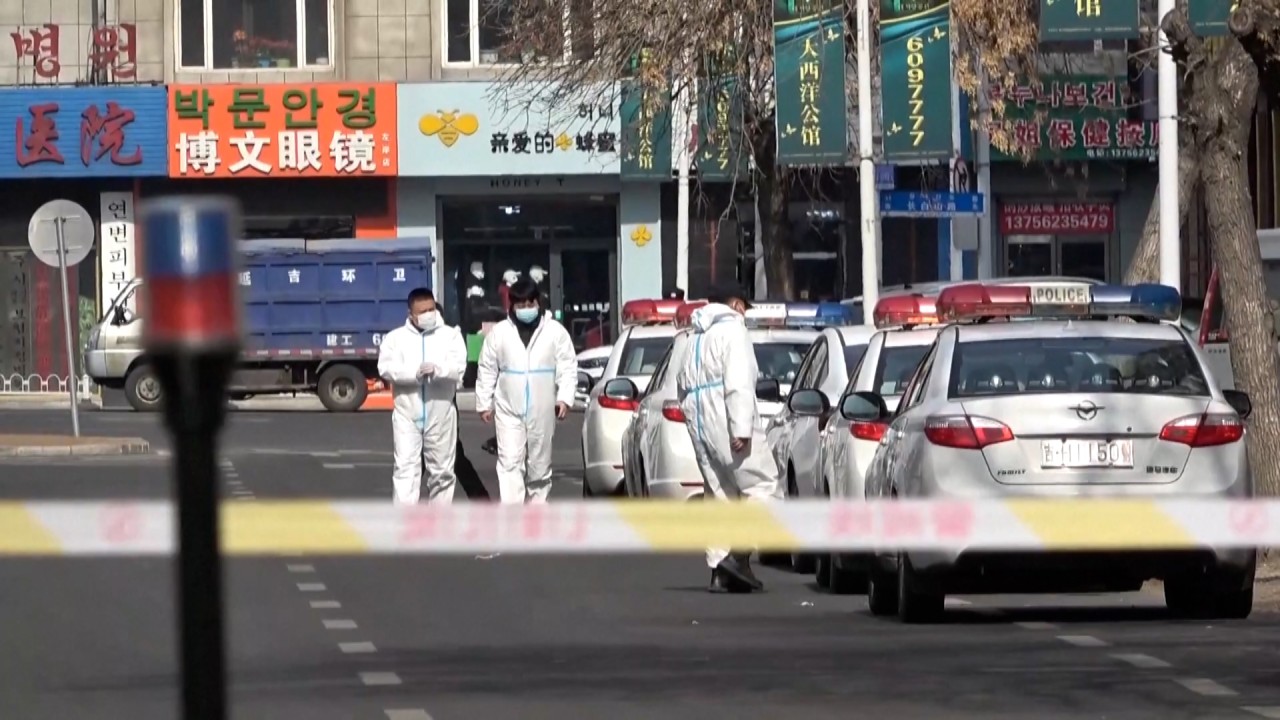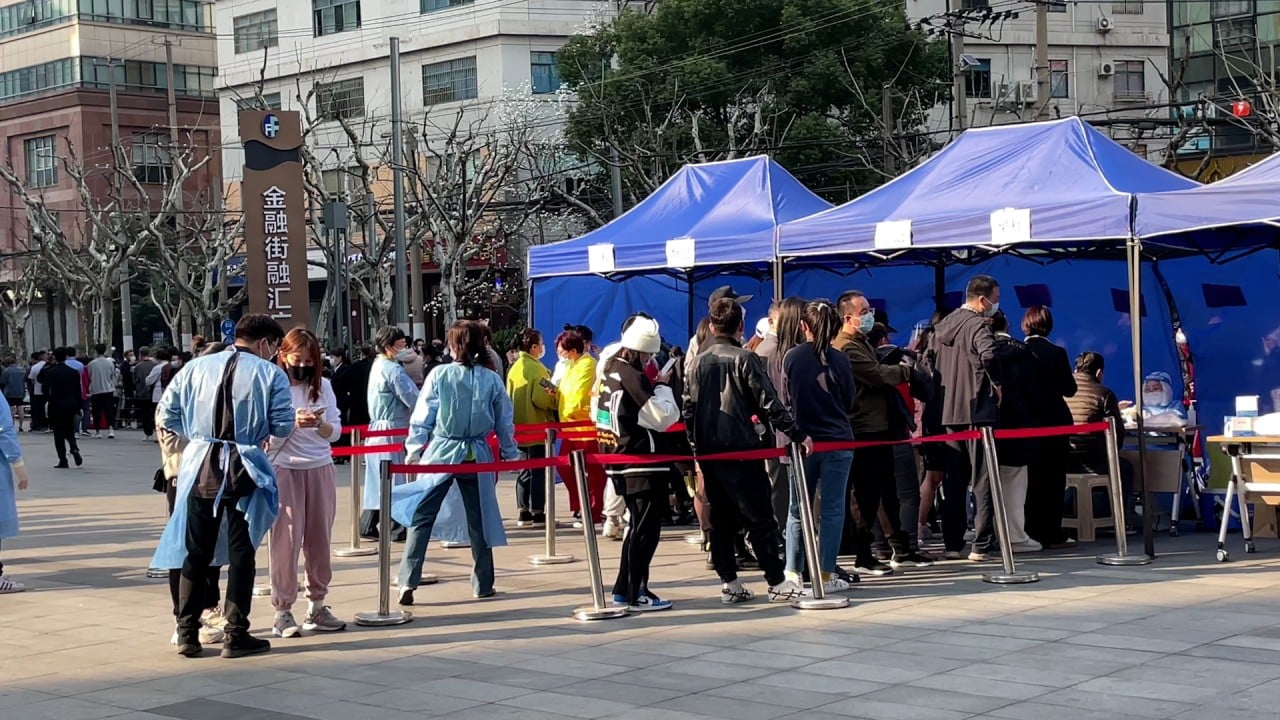
China must prepare to move on from its zero-Covid policy after Hong Kong’s terrible lesson
- Like Hong Kong, the mainland’s hospital system and society are not yet prepared to handle an explosion of Covid-19 cases
- In the long run, however, Beijing must look to live with the virus on its own terms, or risk seeing its Covid-19 accomplishments coming to naught, like Hong Kong’s
I won’t seek to make those arguments here, or the case that the economic pain from lockdowns and indirect deaths justify a quick return to normalcy – these have been made many times already.
What I do want to say is that while this policy direction is ultimately correct (even the most extreme Covid-19 hawks do not seek permanent isolation and lockdown), we cannot make policy based simply on slogans and stances.
Hong Kong’s economy and stock market have stagnated because its fundamental function as a financial gateway between China and the West could not work as well when quarantine measures made international travel impractical.
Yet, all the economic sacrifices have come to naught as ultimately Hong Kong’s Omicron outbreak is likely to cause as many Covid-19 deaths as some Western countries have seen over the past two years with little emphasis on a Covid-zero policy.
Hong Kong’s medical resources and coordination were focused on contact tracing and isolation, leaving it unprepared for a major community outbreak.
Getting the surge under control would also allow the government to show the world that there is no crisis its system cannot solve – a powerful message given how Omicron has spread rapidly throughout the world.
But after this surge ends and before the next begins, officials must recognise that while a short-term Covid-19 crisis can be defeated through emergency measures, the long-term fight requires a complete and possibly permanent reorientation of society.
This means taking a position that Covid-19 not longer poses sufficient harm to justify a permanent normalisation of emergency measures, which carry their own costs.
During the respite, there should be a shift in messaging, to one of living with Covid-19, albeit on China’s own terms.
Once this is achieved, China can continue to maintain a zero-Covid policy for as long as it is cost effective to do so. But when faced with an inevitable surge in cases, it should neither panic nor relax, but use the same energy it displayed in treating Covid-19 as a crisis to treat it as just another risk.
All countries and peoples must live with different threats and risks to their well-being. Covid-19 is not special in this regard.
Lee Jersey Wang is a China Forum associate



